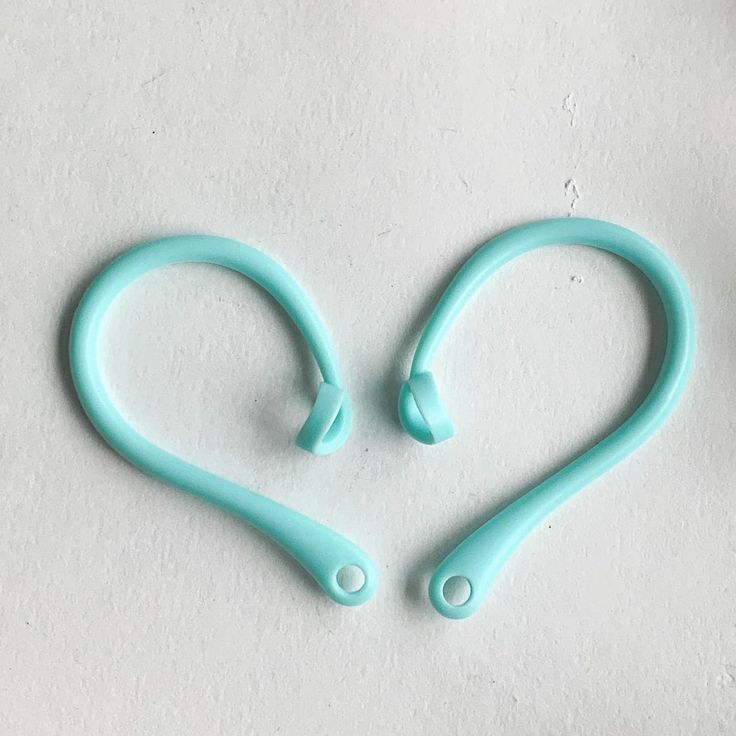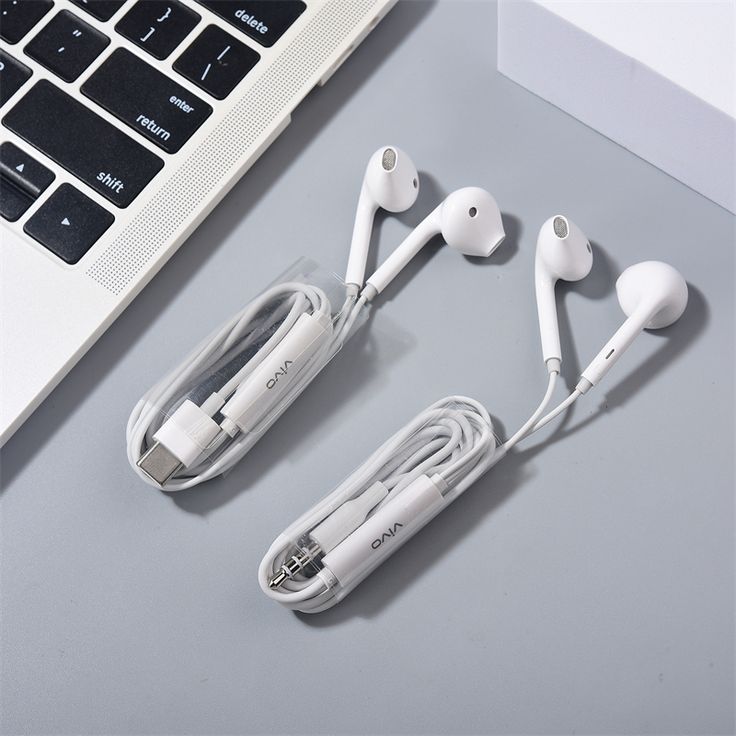Choosing the right phone case can be tricky. You want something stylish and protective. But with so many options available, how do you decide? One key consideration is the material. Is a hard or soft phone case better? Firstly, there’s no single answer. Both types offer advantages and disadvantages. This article will explore the pros and cons of each. Ultimately, you can choose the best case for your needs and preferences.
Understanding Hard Phone Cases
Firstly, let’s explore hard phone cases. They are typically made from rigid materials. These materials include hard plastic, polycarbonate, or even metal. They offer a solid shell around your phone.
Pros of Hard Phone Cases
Hard cases offer several benefits:
- Strong Protection: Firstly, hard cases provide excellent protection against impacts. They can withstand drops, bumps, and scratches. This makes them ideal for people with active lifestyles or those prone to dropping their phones.
- Slim Profile: Secondly, many hard cases have a slim profile. They add minimal bulk to your phone. This makes them easy to slip into your pocket or bag.
- Wide Variety of Designs: Furthermore, hard cases come in a wide variety of designs. You can find them in different colors, patterns, and even with custom prints.
Cons of Hard Phone Cases
However, hard cases also have some drawbacks:
- Less Shock Absorption: Firstly, hard cases may not absorb shock as effectively as soft cases. This means your phone might experience more impact in a drop.
- Potential for Scratches: Secondly, some hard cases can scratch your phone’s finish. This is particularly true for cases made from cheap materials.
- Limited Flexibility: Finally, hard cases are less flexible than soft cases. This can make them harder to put on and take off.
Understanding Soft Phone Cases
Now, let’s explore soft phone cases. They are made from flexible materials. These materials include silicone, rubber, or TPU (thermoplastic polyurethane). They offer a more cushioned feel.
Pros of Soft Phone Cases
Soft cases offer several advantages:
- Excellent Shock Absorption: Firstly, soft cases excel at absorbing shock. They cushion your phone in a drop, reducing the impact.
- Grip and Comfort: Secondly, soft cases provide a good grip. They make your phone less likely to slip out of your hand. They also offer a comfortable feel.
- Easy to Install and Remove: Furthermore, soft cases are easy to install and remove. Their flexibility allows them to stretch and bend.
Cons of Soft Phone Cases
However, soft cases also have some limitations:
- Less Durable: Firstly, soft cases are generally less durable than hard cases. They can tear or puncture more easily.
- Bulkier Profile: Secondly, some soft cases can be bulkier than hard cases. They add more size and weight to your phone.
- Attracts Lint and Dust: Finally, soft cases can attract lint and dust. This can make them look dirty over time.

Hybrid Phone Cases: The Best of Both Worlds
In addition to hard and soft cases, there are also hybrid cases. They combine the best features of both. They typically have a hard outer shell and a soft inner layer.
Advantages of Hybrid Cases
Hybrid cases offer several benefits:
- Enhanced Protection: Firstly, hybrid cases provide enhanced protection. The hard outer shell protects against impacts. The soft inner layer absorbs shock.
- Good Grip and Comfort: Secondly, hybrid cases offer a good grip and comfortable feel. The soft inner layer provides a non-slip surface.
- Stylish Designs: Furthermore, hybrid cases come in a variety of stylish designs. They offer a balance of protection and aesthetics.
Choosing the Right Case for You
Ultimately, the best phone case depends on your individual needs and preferences. Consider these factors:
Lifestyle
Firstly, consider your lifestyle. If you have an active lifestyle or work in a demanding environment, a hard or hybrid case might be a better choice. If you prioritize comfort and grip, a soft case might be more suitable.
Phone Model
Secondly, consider your phone model. Some phones are more prone to damage than others. You might need a more protective case for a fragile phone.
Personal Preferences
Finally, consider your personal preferences. Do you prioritize slimness or shock absorption? Do you prefer a particular style or design? Choose a case that reflects your individual taste.

Additional Tips for Choosing a Phone Case
Here are some additional tips to help you choose the right phone case:
Screen Protection
Firstly, consider screen protection. Some cases have built-in screen protectors. Others have raised edges that protect the screen from scratches.
Button Accessibility
Secondly, ensure the case allows easy access to all buttons and ports. You shouldn’t have to struggle to use your phone.
Wireless Charging Compatibility
Furthermore, if you use wireless charging, make sure the case is compatible. Some cases can interfere with wireless charging signals.
Brand Reputation
Finally, consider the brand reputation. Choose a case from a reputable brand known for quality and durability.
Both hard and soft phone cases offer advantages and disadvantages. Hard cases provide strong protection and a slim profile. Soft cases offer excellent shock absorption and a comfortable grip. Hybrid cases combine the best of both worlds. Ultimately, the best phone case for you depends on your individual needs and preferences. Consider your lifestyle, phone model, and personal preferences when making your decision. With careful consideration, you can find the perfect phone case to protect your device and reflect your style.
Exploring Specialized Phone Cases
Beyond the basic categories of hard, soft, and hybrid cases, there are also specialized phone cases designed for specific needs and activities.
Waterproof Cases
Firstly, waterproof cases are essential for anyone who spends time near water or in harsh weather conditions. These cases create a seal around your phone, protecting it from water damage. They are ideal for beach trips, poolside lounging, or outdoor adventures.
Rugged Cases
Secondly, rugged cases offer maximum protection for those who work in demanding environments or engage in extreme activities. These cases often feature multiple layers of protection, reinforced corners, and shock-absorbing materials. They can withstand drops, bumps, and even extreme temperatures.
Wallet Cases
Furthermore, wallet cases combine the functionality of a phone case and a wallet. They typically have slots for credit cards, IDs, and cash. This eliminates the need to carry a separate wallet. Wallet cases are ideal for those who want to minimize what they carry.
Battery Cases
Additionally, battery cases provide extra power for your phone. They have a built-in battery that can extend your phone’s battery life. This is particularly useful for heavy phone users or those who travel frequently.

Phone Case Materials: A Closer Look
The materials used in phone cases play a crucial role in their protective capabilities and overall feel. Let’s explore some common materials:
Polycarbonate
Firstly, polycarbonate is a popular material for hard phone cases. It is a strong and lightweight plastic that offers good impact resistance. Polycarbonate cases are often slim and stylish.
TPU (Thermoplastic Polyurethane)
Secondly, TPU is a flexible material commonly used in soft and hybrid phone cases. It offers excellent shock absorption and a comfortable grip. TPU cases are also resistant to scratches and tears.
Silicone
Furthermore, silicone is another popular material for soft phone cases. It is soft, flexible, and provides a good grip. Silicone cases are also easy to clean and maintain.
Conclusion: Protecting Your Investment
In conclusion, choosing the right phone case is an important decision. It protects your valuable device and reflects your personal style. Whether you prefer a hard or soft case, consider your lifestyle, phone model, and personal preferences. Explore the wide range of options available and find the perfect case to safeguard your phone and express your individuality.










